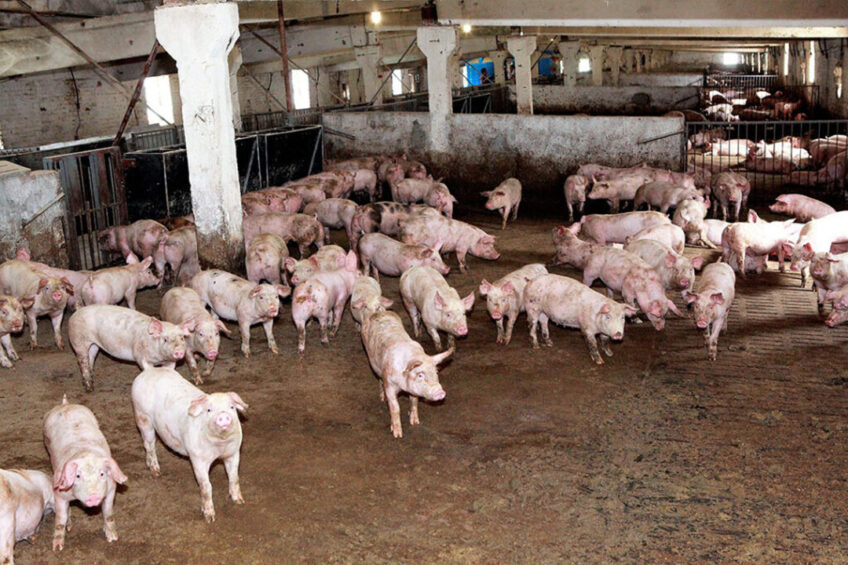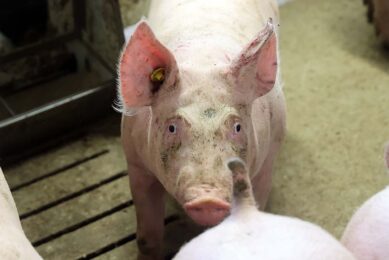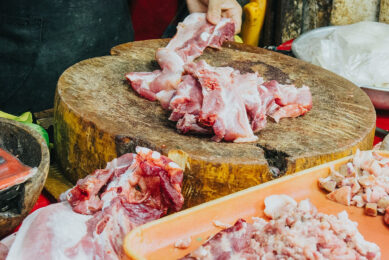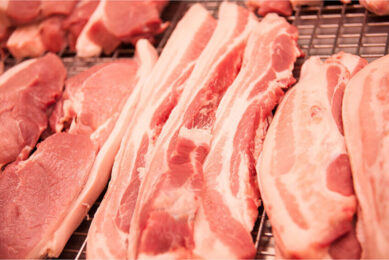Ukraine ramps up pork imports from the EU

In June of 2022, Ukraine imported 9,000 tonnes of pork, 4 times higher compared to June of 2021, as the country continues battling against the disruptions of domestic production.
As estimated by the Ukrainian Club of Agricultural Business (UCAB), Ukrainian pork imports jumped by 46% compared to May of 2022. The country imports pork from the European Union, primarily from Poland, Denmark and the Netherlands.
Taxation changes
To some extent, the rise in pork imports is associated with the government’s decision to reinstate VAT and duties on imported pork from July 1, Maxim Gopko, UCAB analyst, explained. In light of this, some importers rushed to make a stockpile of pork.
In the previous years, Ukraine had a duty-free import quota of 20,000 tonnes of pork per year. To stabilise the domestic market, the VAT and import duty on pork was abolished this year, so in January-May, Ukraine imported 22,300 tonnes of pork.
Pig farms impacted by hostilities
Another major factor contributing to the import growth is a drop in domestic production, as pig farmers from eastern and southern regions of Ukraine had to temporary leave the market, Gopko said. As a result, wholesale prices soared, he added.
Up to 20% of pig production capacities in Ukraine are currently located in the territories controlled by Russian forces. In addition, numerous farms in other parts of Ukraine suffer from multiple challenges, such as blackouts and a workforce shortage.
Cheaper feed
“In the near future, prices for pork and other [food] products in Ukraine will grow due to high inflation. But the cost of meat significantly depends on the price of feed, which in Ukraine remains cheaper compared to the world’s average. Also, an increase in imports in June will support the domestic demand and will not allow prices to rise rapidly,” Gopko added.
In June, the Ukrainian association of pig breeders reported that the price of feedstuff in some parts of Ukraine nearly halved due to proximity to hostilities.
The prices have plummeted due to an oversupply, as Ukraine produces more grain than the domestic market can consume, and farmers in the south-east often rush to get rid of the grain stocks to get money to maintain operation.
On the other hand, sourcing feed in some regions has become tricky for pig farmers due to transport infrastructure destructions and logistics chaos, the pig breeders association said.
 Beheer
Beheer








 WP Admin
WP Admin  Bewerk bericht
Bewerk bericht